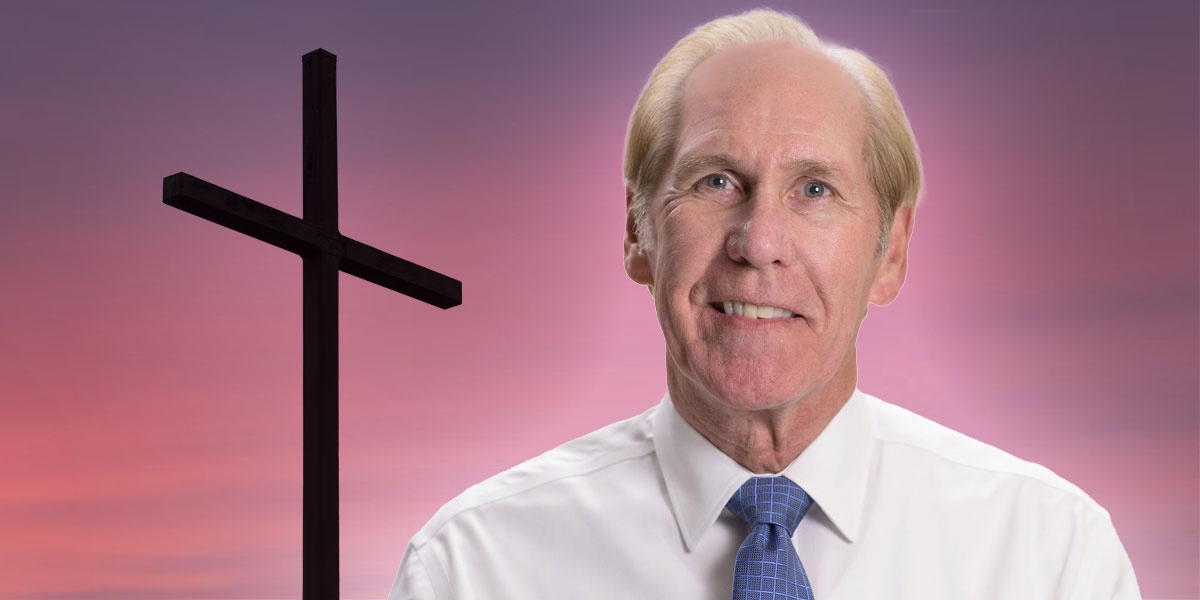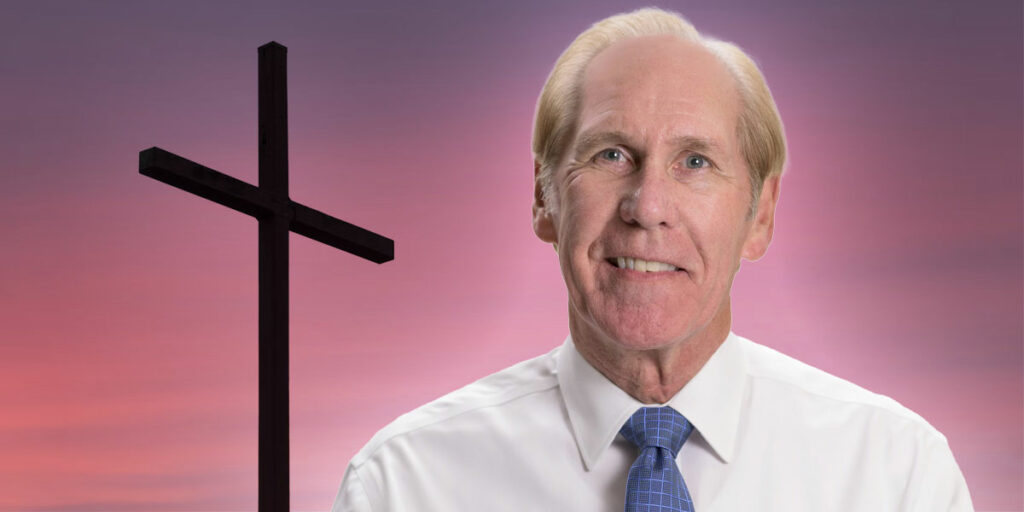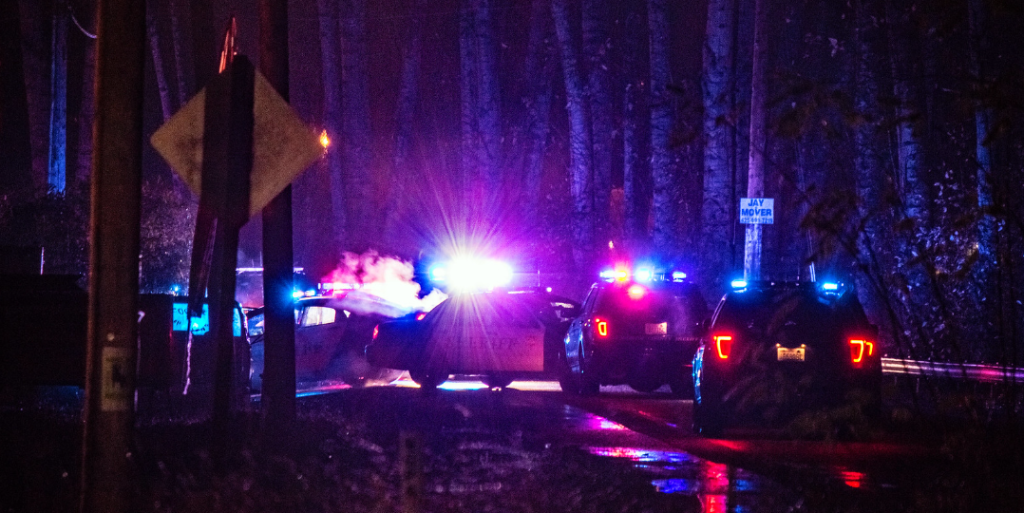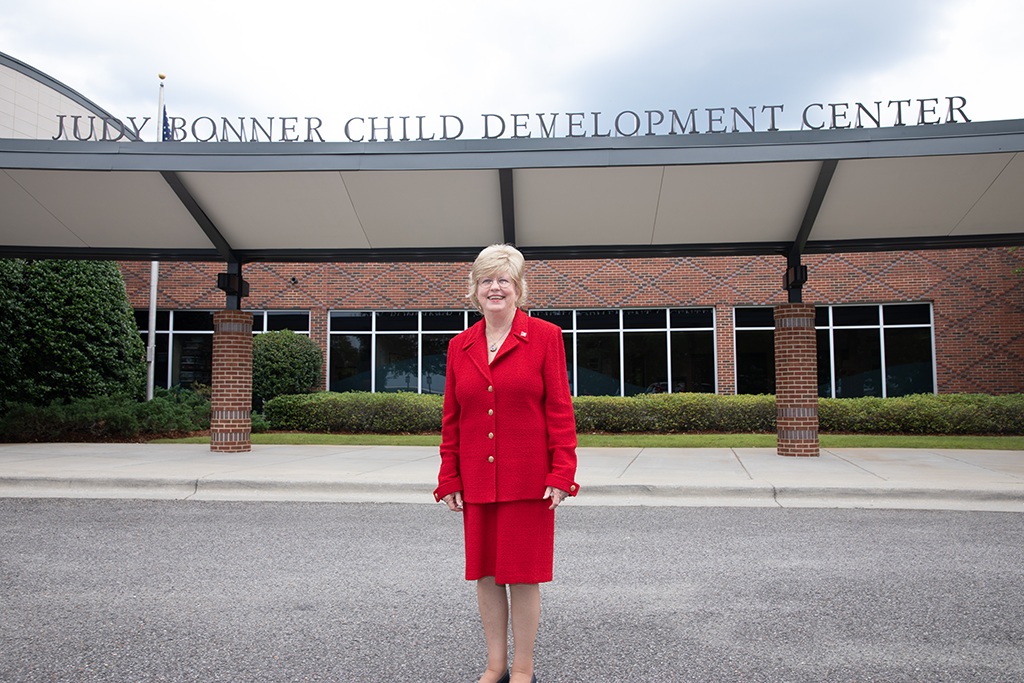I met her at a conference where we were assigned to the same table. She was bubbling with excitement about her church.
“It’s changed my life and my family’s life,” she said. “We can’t wait ‘til Sundays come!”
Her enthusiasm was refreshing to hear. But then she puzzled me when she told me where she lived and where her church was. The church is some 50 miles from her home, and three counties away.
Many of us were schooled differently.
I remember the Church Covenant that was frequently displayed on the walls of churches, right next to the attendance board. The covenant was common to missionary Baptist churches in the day and is traceable to John Newton Brown who included it in his “Baptist Church Manual” in 1853. The last line reads, “We moreover engage that, when we remove from this place, we will as soon as possible unite with some other church where we can carry out the spirit of this covenant and the principles of God’s Word.”
Many modern churches don’t display the covenant, and it’s true some church members, like the lady I met, don’t practice it. The idea is that we should belong to local churches in order to be involved in their ministries in local communities.
My mother-in-law listens to gospel music produced by a Southern preacher and played on his cable channel. I watched one day and heard him read the names of new church members, many of whom were from other states. This is an interesting phenomenon. I assume they worship through cyberspace and mail offerings, but again the question is how do they participate in their church’s ministry in the local community?
I’ve seen similar situations in some of the rural churches in our state who include members on their rolls from other places. These grew up in those churches but decided not to move their memberships—this would be almost like abandoning their culture, I’ve heard it said. Sometimes these far-away folk return for the annual homecoming service, and, of course, everyone is happy to see them. But the basic question remains: how do they participate in their church’s ministry in the local community?
I know we can’t be rigid about how far is too far. I’ve known people who’ve driven across their cities to attend churches on the other side of town. And I’ve heard it said, “It’s not the church nearest; it’s the church dearest.” But the basic premise of church membership remains that not only are we called to support our churches financially, but also to help them make a difference for God in local communities.
As Jesus said, the work begins in our own “Jerusalem” (Acts 1:8). -30-
“Reflections” is a weekly faith column written by Michael J. Brooks, pastor of the Siluria Baptist Church, Alabaster, Alabama. The church’s website is siluriabaptist.com.













